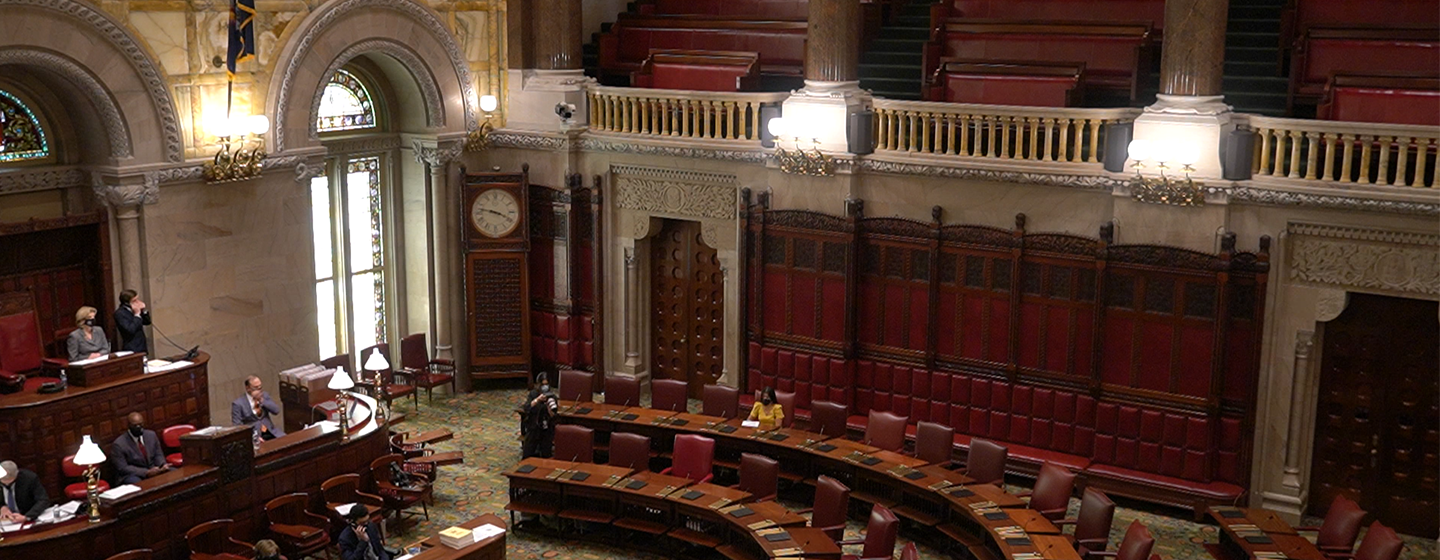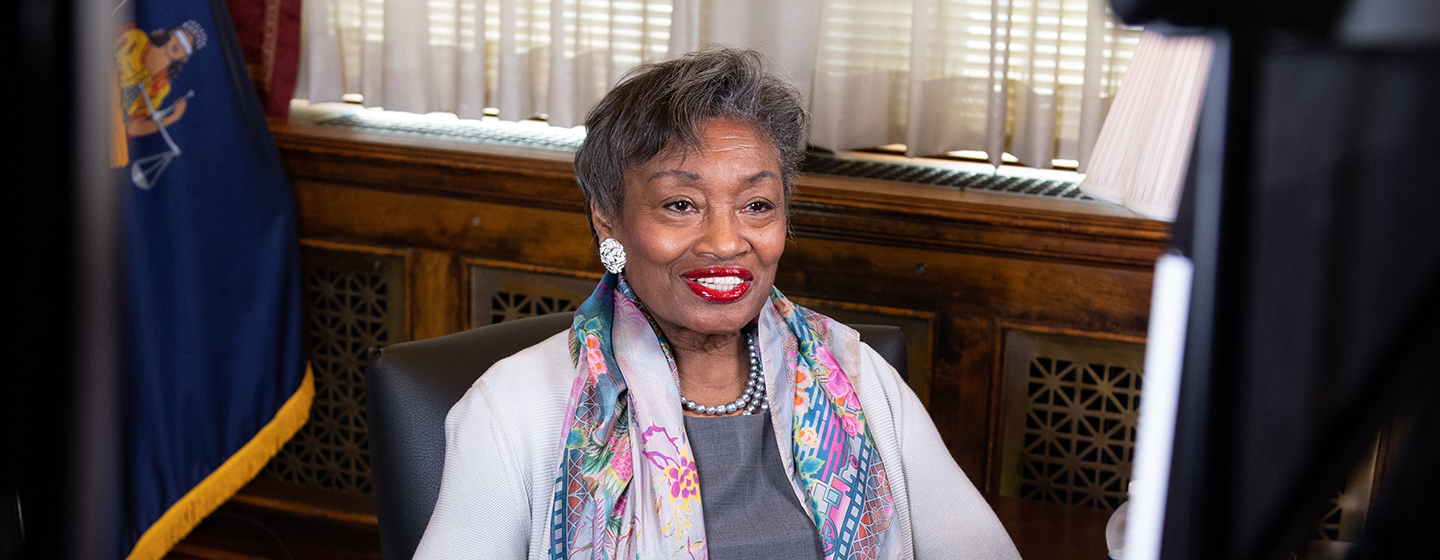State ethics panel votes against issuing subpoena in scandal involving former Cuomo aide

State Ethics Panel Votes Against Issuing Subpoena in Scandal Involving Former Cuomo Aide
Some members of the state’s ethics commission pressed Tuesday for a subpoena to look into a controversy over Gov. Andrew Cuomo’s hiring of former aide Larry Schwartz as a “volunteer” COVID-19 vaccine czar for the state.
But Cuomo’s appointees to the Joint Commission on Public Ethics, known as JCOPE, voted the proposal down.
Schwartz, a former chief of staff to Cuomo, headed up the state’s vaccination distribution as an unpaid volunteer. Some county leaders accused Schwartz of trying to trade loyalty to the governor, who is embroiled in several scandals, for access to vaccine doses.
Cuomo and Schwartz deny that occurred, but the allegations are the subject of a probe by Attorney General Tish James, as well as an impeachment inquiry by the state Assembly.
JCOPE commissioner Gary Lavine has been pressing for authorization to issue a subpoena to find out more about Schwartz’s status and whether there were any ethical conflicts.
“The request is for an informational subpoena,” Lavine said.
Because Schwartz was a volunteer, he was exempt from the state’s public officers’ law under a special executive order issued by Cuomo. Without that exemption, Schwartz would have been required to file financial disclosure forms and be banned from lobbying the state for two years.
Schwartz, during his time volunteering as vaccine czar, continued to work for an airport concessions company that holds state contracts. He left the volunteer post in April, after the state Legislature voted to make Schwartz subject to the public officers’ law.
Lavine, who was appointed to JCOPE by the Senate minority Republican leader, said the subpoenas would seek information about whether Schwartz or other volunteers ever recused themselves from any decisions that could potentially pose a conflict of interest with their private-sector employers.
“Likely, one or more of the senior-level volunteers are not volunteers at all,” Lavine said. "They were paid … by their employers. Employers who may have substantial business with the state.”
Commissioner Jim Yates, who was appointed by Assembly Speaker Carl Heastie, a Democrat, also backs the proposal. He said JCOPE staff had asked for the information about the volunteers from the governor’s office, but the request was rejected. He said there are many unanswered questions.
“We’ve asked the question repeatedly,” Yates said.
Commissioner Daniel Horwitz, who was appointed by Cuomo, was among the commissioners who questioned whether JCOPE has the authority to issue the subpoena.
“It will be a subpoena outside of the law,” Horwitz said.
Commissioner Marvin Jacob, also appointed by the Assembly speaker, argued that the proposed subpoena was not unusual and that similar oversight organizations routinely issue them.
“It’s not something alien and unheard of,” Jacob said. “It’s done everywhere, all the time.”
In the end, the motion was voted down. Although seven commissioners voted in favor and 6 against, under JCOPE’s rules, 8 votes are required for a motion to be approved.
JCOPE has been widely criticized for being ineffectual in policing ethics violations, in part because of those voting rules.
A bill approved by the state Senate on Tuesday would change the rules and allow a simple majority vote by commissioners to go ahead with an investigation. That measure has not yet been voted on in the state Assembly.
Related

Should Albany Hold New Hearings on Ethics Reform? These Groups Say Yes
In a letter sent to members of the state Legislature, several good government groups asked lawmakers to consider if the state’s current ethics enforcement agencies are effective.

New Discussions on Ethics Reform Have Started in Albany, Senate Leader Says
State lawmakers could take another crack this year at bolstering laws on public ethics and transparency


